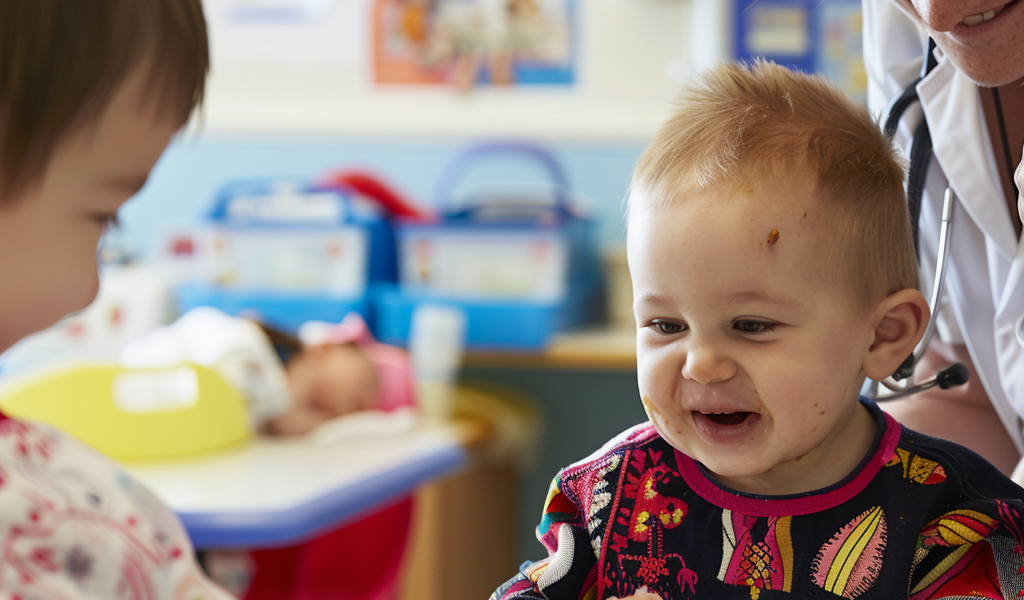Australia has launched a groundbreaking initiative aimed at treating peanut allergies in infants, marking a significant step forward in allergy management. Known as a global leader in food allergies, Australia has often been referred to as the “allergy capital of the world,” with approximately one in ten infants diagnosed with various food sensitivities.
Under this innovative program, eligible babies diagnosed with peanut allergies will receive a carefully monitored treatment regimen involving gradual doses of peanut powder. This treatment, termed oral immunotherapy, aims to build immunity and reduce sensitivity to peanuts over a minimum period of two years. The initiative is being supervised by select pediatric hospitals across the nation.
This initiative is particularly noteworthy as it is the first time oral immunotherapy has been implemented as a national model of care for peanut allergies. While clinical trials and specialized allergy centers have previously explored this treatment, Australia is now setting a precedent by integrating it into standard healthcare practices.
Currently, peanut allergies affect about 3% of Australian children by the age of 12 months, and unlike many other food allergies, very few children outgrow this condition. This makes peanut allergy the most prevalent food allergy among school-aged children in the country. Assistant Minister for Health Ged Kearney expressed optimism about the program, stating, “[This] might be the game changer we have all wanted to stop this terrible allergy in its tracks.”
The free program is specifically designed for children under the age of 12 months who have been diagnosed with a peanut allergy and are receiving care at one of the ten participating hospitals across Australia. The dosing schedule is tailored for each individual child, gradually increasing until they reach a designated “maintenance dose,” which they will continue for two years.
While some children may experience side effects, including allergic reactions, most reactions in this age group are mild and do not necessitate treatment. The primary objective of this initiative is to enhance the children’s tolerance to peanuts, thereby reducing the risk and anxiety associated with potential exposure to peanuts. The effectiveness of the treatment will be evaluated through food allergy testing conducted at the end of the treatment period.
Professor Kirsten Perrett, Director of the National Allergy Centre of Excellence (NACE), highlighted the program’s potential impact, stating, “Ultimately, we want to change the trajectory of allergic disease in Australia so that more children can go to school without the risk of a life-threatening peanut reaction.” NACE will oversee the evaluation of the program’s effectiveness and safety, with hopes of expanding it to additional hospitals and possibly addressing other food allergies in the future.
It is crucial for families to understand that this treatment should only be conducted under medical supervision. Dr. Tim Brettig, the program lead, emphasized, “It’s definitely not a program for everybody,” warning against unsupervised attempts at oral immunotherapy at home. The initiative underscores the importance of professional guidance in managing food allergies, particularly in young children.
This pioneering program in Australia represents a significant advancement in the fight against peanut allergies, offering hope to families affected by this condition. As the nation continues to grapple with high rates of food allergies, initiatives like this could pave the way for improved quality of life for countless children and their families.





